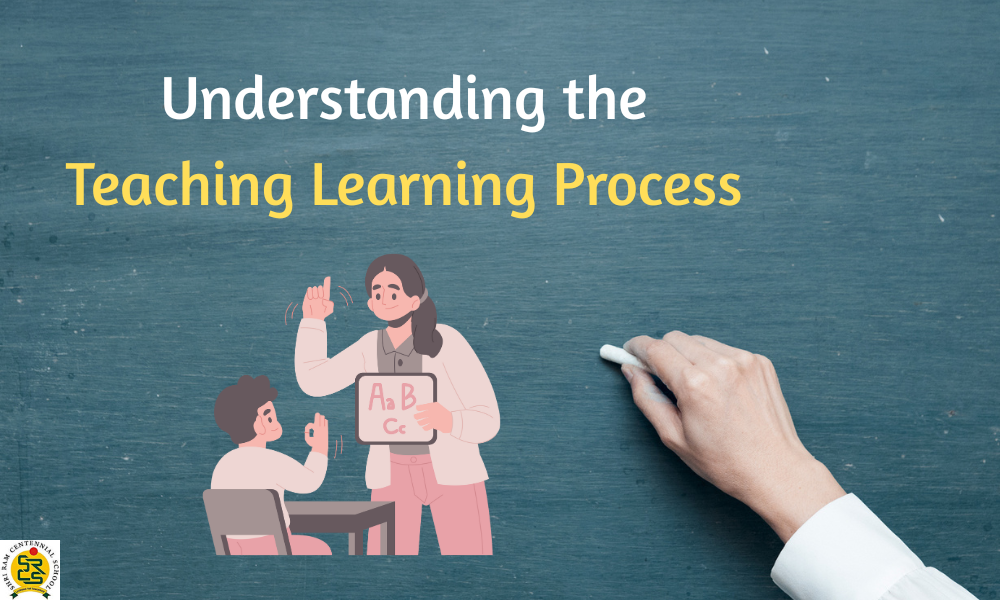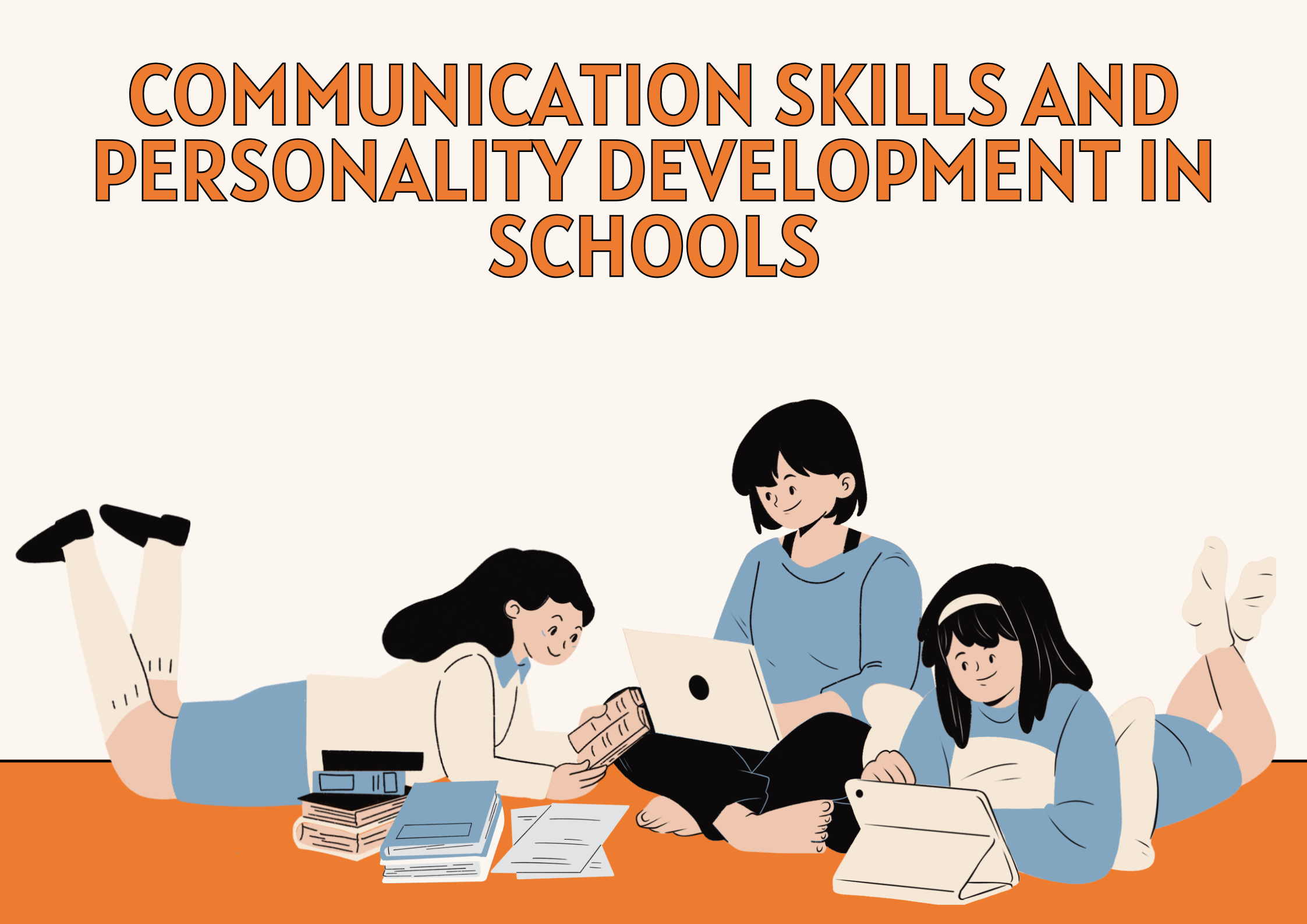Exam fear, also known as test anxiety, is a common condition that many students face before exams, and it can manifest in a variety of ways, from nervousness and stress to physical symptoms like nausea or headaches. This fear stems from the pressure of performing well academically and the intense preparation that comes with it.
For many students, particularly those in competitive environments like Boarding Schools in Dehradun, the stakes feel high, and the consequences of poor results can feel overwhelming. Exam fear can range from mild unease to severe anxiety, making it difficult for students to focus or perform at their best.
It is important to note that some level of exam fear is normal. However, when it becomes chronic or affects a student’s well-being, it can hinder their academic performance and mental health.
Students in Boarding Schools in Dehradun or any other educational institution often face additional challenges, such as the pressure to meet expectations, peer comparisons, and living away from home, all of which can exacerbate exam fear.
Insights from Psychologists and Educators

Psychologists and educators have extensively studied exam fear to understand its roots and provide effective strategies for managing it. According to psychological research, exam fear is often linked to a student’s perceived lack of preparation, fear of failure.
Sometimes, unrealistic expectations placed by parents, teachers, or even themselves. These pressures can lead to a spiral of stress and anxiety, which makes it even more challenging to focus on the task at hand.
1.Recognizing the Root Causes of Exam Fear
Psychologists suggest that one of the primary causes of exam fear is the fear of failure. When students are constantly worried about not performing well, they may experience performance anxiety, which makes them second-guess their abilities.
Another significant factor contributing to exam fear is lack of preparation or poor study habits. When students feel unprepared or disorganized, the fear of the unknown becomes magnified.
Psychologists believe that students often create an exaggerated mental picture of what an exam will be like, leading to anticipatory anxiety. The key to combating this is developing strong study habits, time management skills, and seeking help when needed.
2.The Role of Educators in Addressing Exam Fear

Educators play a crucial role in helping students manage their exam fear. They can create a supportive and understanding environment in which students feel safe to express their concerns.
In Boarding Schools in Dehradun, teachers often have the opportunity to work closely with students, offering personalized guidance and reassurance. Encouraging open dialogue about the fears and challenges students face can significantly reduce anxiety.
Many educators recommend mindfulness and relaxation techniques, such as deep breathing, progressive muscle relaxation, or even meditation, to help alleviate stress.
3.Cognitive Behavioral Techniques for Managing Exam Fear
Psychologists advocate for cognitive behavioral therapy (CBT) as an effective treatment for severe exam fear. CBT focuses on identifying and challenging negative thought patterns that contribute to anxiety.
CBT helps students develop a healthier mindset towards exams, reducing the tendency to catastrophize the situation.
This type of therapy can be incredibly beneficial for students who experience high levels of exam-related stress, enabling them to tackle their fears in a structured way.
4.How Parents Can Help Their Children Overcome Exam Fear
Parents also play a significant role in alleviating exam fear. The relationship between a parent and child can either amplify or reduce exam-related stress.
Psychologists advise parents to avoid putting undue pressure on their children by emphasizing the importance of doing their best rather than achieving perfection. A supportive and encouraging environment at home allows students to feel less anxious about exams.
Parents should foster open communication with their children, ensuring they feel comfortable discussing their fears and concerns.
Furthermore, it is essential for parents to model good coping mechanisms themselves, as children often mirror the behavior they see at home.
Strategies for Overcoming Exam Fear

While understanding the underlying causes of exam fear is important, it is equally vital to adopt strategies to manage and eventually overcome it. Here are some practical approaches that students and parents can use:
- Proper Preparation: Overcome exam fear with a structured study schedule, breaking material into smaller chunks to avoid feeling overwhelmed.
- Time Management: Plan study sessions in advance and avoid last-minute cramming to reduce stress and uncertainty.
- Relaxation Techniques: Use mindfulness, deep breathing, and muscle relaxation to calm nerves before and during exams.
- Positive Reinforcement: Encourage students to visualize success and focus on strengths, with support from parents and teachers to build confidence.
- Seeking Professional Help: If anxiety becomes overwhelming, consult a psychologist or counselor for effective coping strategies.
Conclusion: Overcoming Exam Fear

In conclusion, exam fear is a widespread issue that affects many students, particularly those in high-pressure environments like Boarding Schools in Dehradun.
By understanding the causes of this fear and implementing strategies to manage it, students can reduce their anxiety and perform to the best of their abilities. The support of psychologists, educators, and parents is crucial in helping students navigate their fear, providing them with the tools they need to succeed both academically and emotionally.
With the right mindset and resources, exam fear can be overcome, allowing students to approach exams with confidence and calm.
By creating a supportive environment and fostering healthy study habits, students can feel empowered and capable, ensuring that exam fear does not hold them back from achieving their academic goals.










